Inicio ← ARKOULIS Today
Conflict Resolution in Social Networks: Perspectives on Private Justice in Intellectual Property Disputes.
Protection in the field of Intellectual Property and the terms and conditions in the contracts in this matter.
Intellectual property protection contracts are an essential tool to guarantee the rights of the creator of a work, trademark or patent, prevent unauthorized use and control the exploitation of such works.
In the business world, these types of contracts are of vital importance to safeguard the assets of organizations and avoid problems related to unfair competition. For example, a company that develops a new technology or product may see its rights violated if it does not register its authorship, thus generating financial losses and legal conflicts.
Intellectual property protection contracts are legal agreements between two or more persons, used to establish the rights and responsibilities related to the creation, use, transfer, sale, and distribution of intellectual property, such as literary works, computer programs, or images.
These are some of the elements that may be included in intellectual property protection contracts:
- Description;
- Identification;
- Limitations;
- Terms of License and Use;
- Duties and clauses;
- Term of the contract;
- Closing; and
- Annexes.
Sales of Counterfeit Products on social media.
Counterfeit products can be divided into two categories: deceptive and non-deceptive. A non-deceptive counterfeit product can be easily identified by its price, its quality, and where it is sold. For example, consumers already know when they buy products from certain online sellers who offer luxury brands at prices well below their retail price.
Counterfeit products are not limited to high-end designer brands, electronics, and fashion. Some of the most common counterfeit products on the market include medicines, supplements, cosmetics, and skincare products. The latter are actively promoted by influencers.
The manufacture and sale of counterfeit goods can affect a business in many ways, ranging from an initial loss of sales to damage to relationships with its business partners. Counterfeiters also force legitimate businesses to deal with the consequences of counterfeiting, requiring substantial investments in both time and money.

